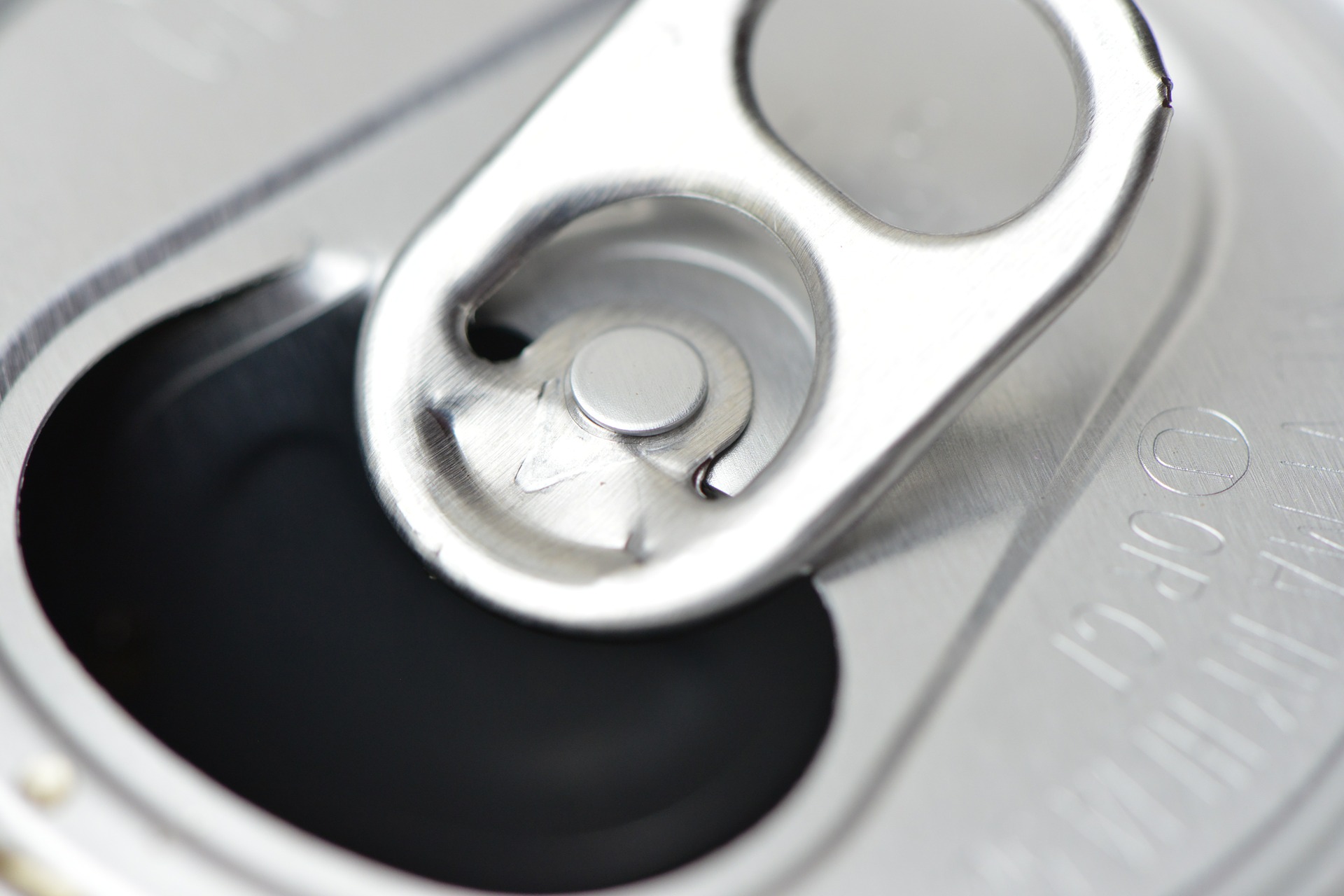In a meta-analysis conducted by the Harvard T. H. Chan School of Public Health and published in the Journal of the American College of Cardiology, the consumption of beverages that have been sweetened with high fructose corn syrup or sucrose greatly increases the risk of excess weight gain and obesity, type 2 diabetes, and cardiovascular diseases.
Consuming one to two servings of sugar-sweetened beverages per day is linked with a 26 percent greater risk of developing type 2 diabetes, a 35 percent greater risk of heart attack or fatal heart disease, and a 16 percent greater risk of stroke, the study finds.
Unique to this review, headed by Frank Hu, is the deeper look it takes at the role that fructose, in particular, plays in the development of the above-mentioned conditions. Whereas glucose is readily absorbed from the gastrointestinal tract into the bloodstream where it then becomes fuel for cells, fructose is metabolized in the liver, where it is then converted into triglycerides. These fatty substances contribute to fatty liver disease and insulin resistance, two key factors in the development of cardiovascular disease and type 2 diabetes. Triglycerides can also lead to high levels of uric acid in the blood, which in turn can cause gout, a painful inflammatory disease.
Our findings underscore the urgent need for public health strategies that reduce the consumption of these drinks.
“Since we rarely consume fructose in isolation, the major source of fructose in the diet comes from fructose-containing sugars, sucrose and high fructose corn syrup, in sugar-sweetened beverages,” says Hu. “Our findings underscore the urgent need for public health strategies that reduce the consumption of these drinks.”
Though consumption of sugary drinks has decreased somewhat in the last ten years, sweetened beverages continue to be the greatest source of sugar intake in the American diet, with at least half of the US population consuming them every day.
“Although reducing the consumption of sugar-sweetened beverages or added sugar alone is unlikely to solve the obesity epidemic entirely, limiting intake is one simple change that will have a measurable impact on weight control and prevention of cardio-metabolic diseases,” Hu states.
Frank Hu and the other authors of the study, as outlined in Forbes, are calling for front-of-package label warnings regarding added sugar content, as well as policy changes in schools and other public places. The World Health Organization and the 2015 US Dietary Guidelines Advisory Committee recommend that foods and beverages with added sugars make up 10 percent or less of total calories consumed each day.
Earlier this year, a study from the University of Southern California linked consumption of fructose to increased appetite.
























